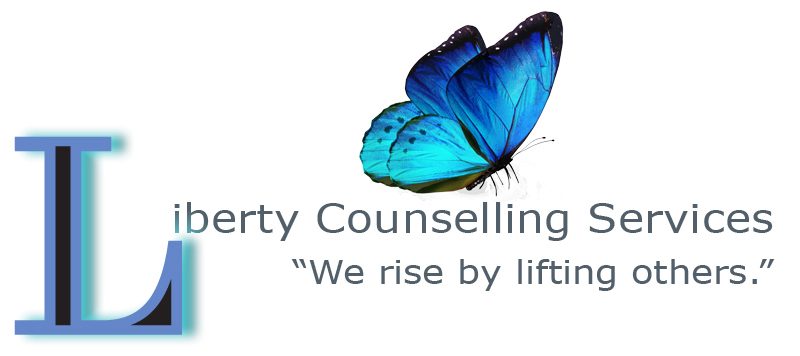
Counselling
Counselling has turned a positive corner. Over the last twenty years attitudes to counselling have been changing. Today it is seen by many as a way of staying healthy, just as a good diet and exercise are seen as ways of staying fit, counselling is increasingly seen as a way of keeping our minds, emotions and relationships healthy.
At Liberty we practice with an emphasis on the therapeutic relationship, to listen without judgement and strive to create a nurturing, safe environment built on respect, honesty and understanding.
“Counselling can empower you to find your own sources of insight, allowing you to be more conscious of who you are.”
In counselling you are given undivided attention in a safe and confidential environment where you have the opportunity to explore. The result is often greatly improved self understanding,empowerment and liberation.
The process of counselling can help you challenge or make sense of your individual life circumstances and support you in making life changes or to accept current circumstances, should you not feel that change is the best way forward.

Reasons for Counselling:
There are many different reasons why client’s come to counselling, some examples of the issues that we can help/support you through would be:
Bereavement
Anger management
Abuse
Relationship problems
Divorce
Depression/Anxiety
Low self-esteem
Substance Abuse
Life Experiences
Past experiences are often carried into the present, inhibiting our well being and emotional growth. Current issues can often confuse and make us feel trapped. Counselling can help unravel the threads of confusion and provide strength to move forward.
When we express emotions or feelings verbally or non-verbally (using play or art equipment for example) they can be talked about openly, acknowledged and addressed. We will support you to work through pressing issues affecting your present, so to relieve problems or anxieties and move onto a more optimistic and untroubled future.
The Models of Counselling
that we use are:
Psychodynamic
Humanistic
Person-Centred
Cognitive Behavioural
Therapy (CBT)
Solution Focused Brief
Therapy (SFBT)
